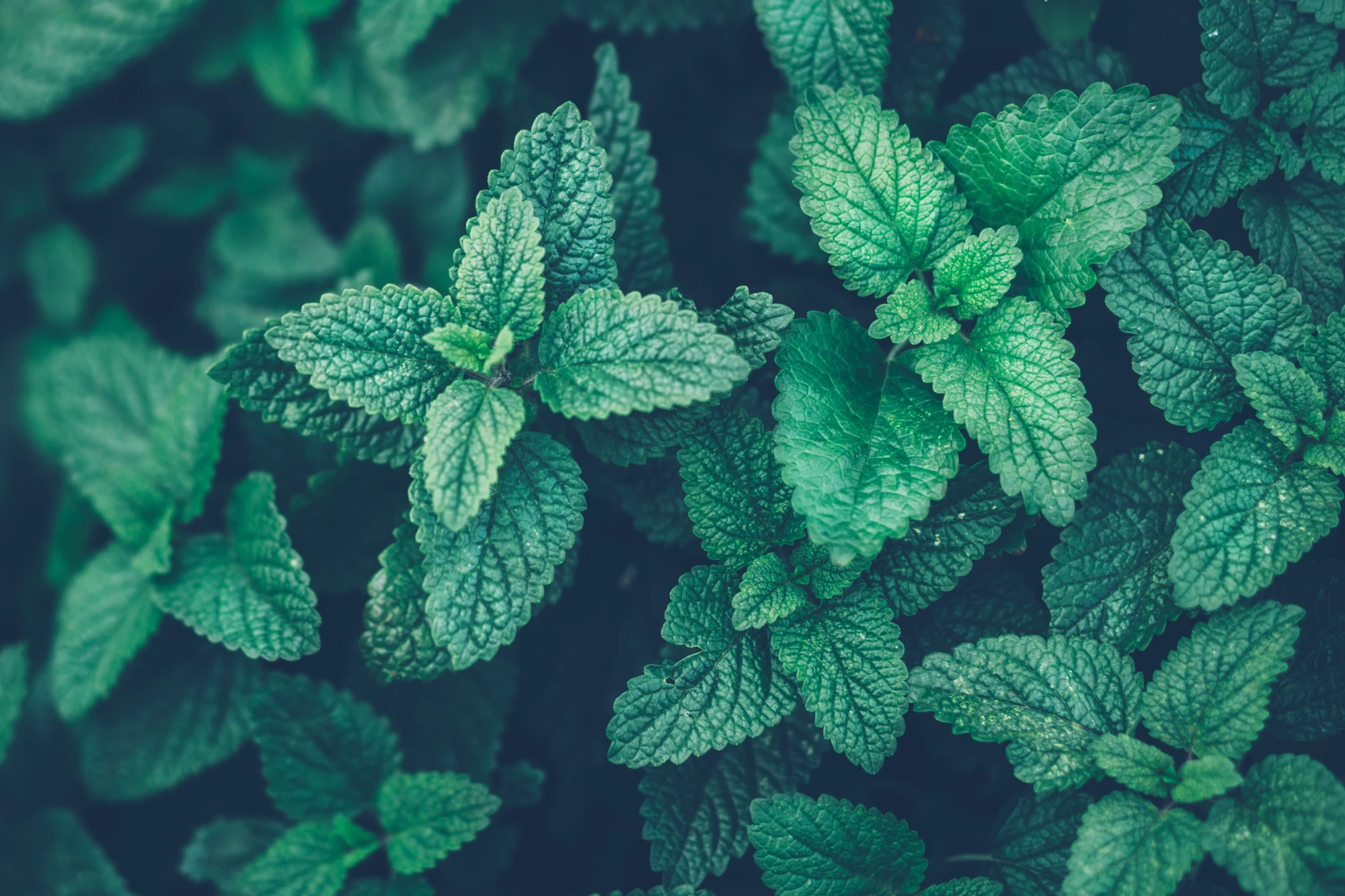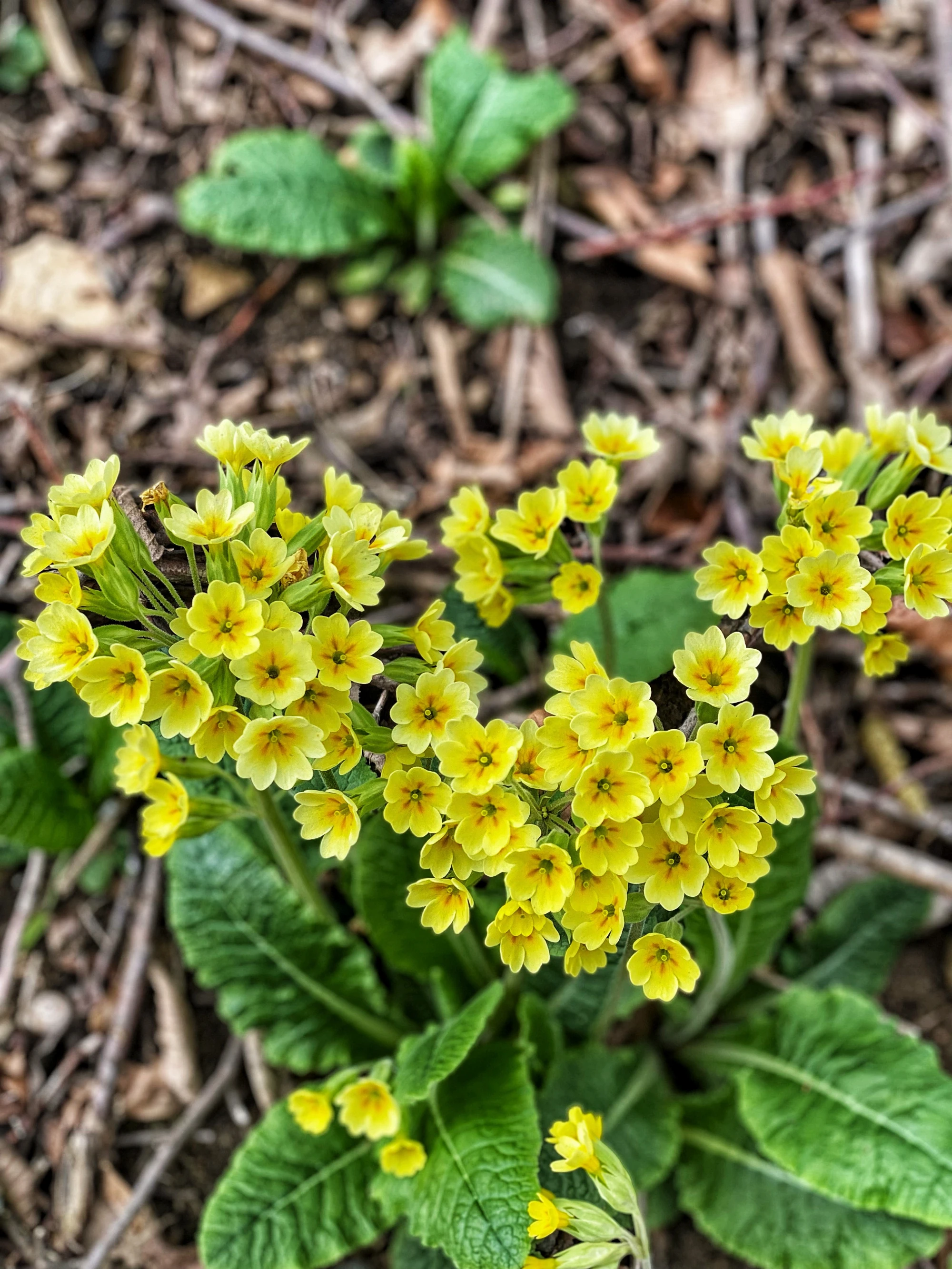Did you know that your skin is the largest organ in your body, with a surface area of approx. 2 square metres? That’s crazy when you consider that it’s exposed to external and internal influences day in, day out. But that’s also why it’s all the more important to take very good care of it and to avoid dry skin as far as possible.
Skin becomes dry when your body fails to transport enough water to the surface of the skin and the sebaceous glands stop producing sufficient sebum. Various factors are involved:
- The weather: Whether it’s the wind, heat or cold, it can all lead to the skin being deprived of moisture and getting ever dryer. When the temperature drops below a certain value, the sebaceous glands stop producing sebum, but wind and dry heating air are also contributory factors.
- Your age: Elderly people in particular often suffer from dry skin as their skin retains less water.
- UV radiation: Strong UV radiation takes its toll on the skin, especially when it causes sunburn, which can give rise to long-term skin damage.
- Your diet: Not drinking enough, poor diet, too much alcohol and/or too many cigarettes can lead to a slowing of the blood circulation to the skin and increases the body’s toxic burden, depriving the body and skin of moisture, which in turn causes dry skin.
- Other skin conditions: for example neurodermatitis, psoriasis and eczema.
The result is chapped hands, dry patches, for instance on the upper arms and neck, skin fissures, rashes and scalp psoriasis.
How can I treat dry skin?
How to treat dry skin? The right care is absolutely essential – both internal and external. Using a gentle cleanser and not taking hot showers are a good start. Drinking lots of water or (unsweetened) tea, eating enough fruit and vegetables, and protecting your skin by applying the right creams and salves to different parts of your body will also help your skin help itself.
Sometimes, though, you may still need to see a doctor, for example if your skin suddenly becomes inflamed, painful or itchy for no obvious reason. Then you need to play it safe and have your symptoms checked out.
The right skincare regime for dry skin using plant-based products
Marigold – a star among medicinal plants for dry, chapped skin
Marigold, also called calendula, is surely a star among medicinal plants. Even Hildegard von Bingen recommended using it. Every book of herbal remedies includes it as a remedy for injuries and damage to the skin and underlying tissue.
It has a variety of different actions: Applied externally it can be used to treat localised skin infections, dry and chapped hands, nappy rash, abrasions, skin fissures etc. It promotes wound closure and speeds up the healing process.
Find out more about marigold here.
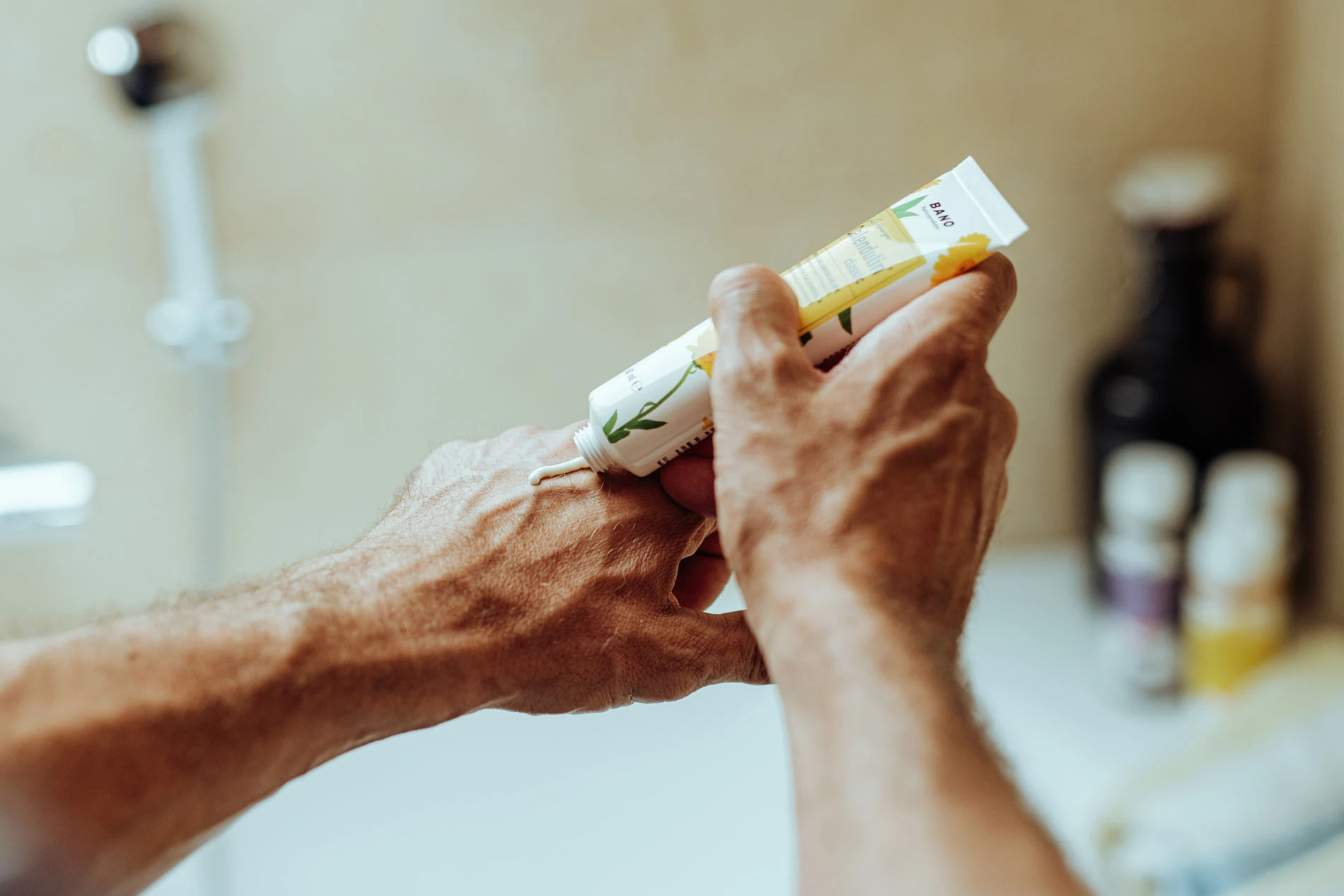
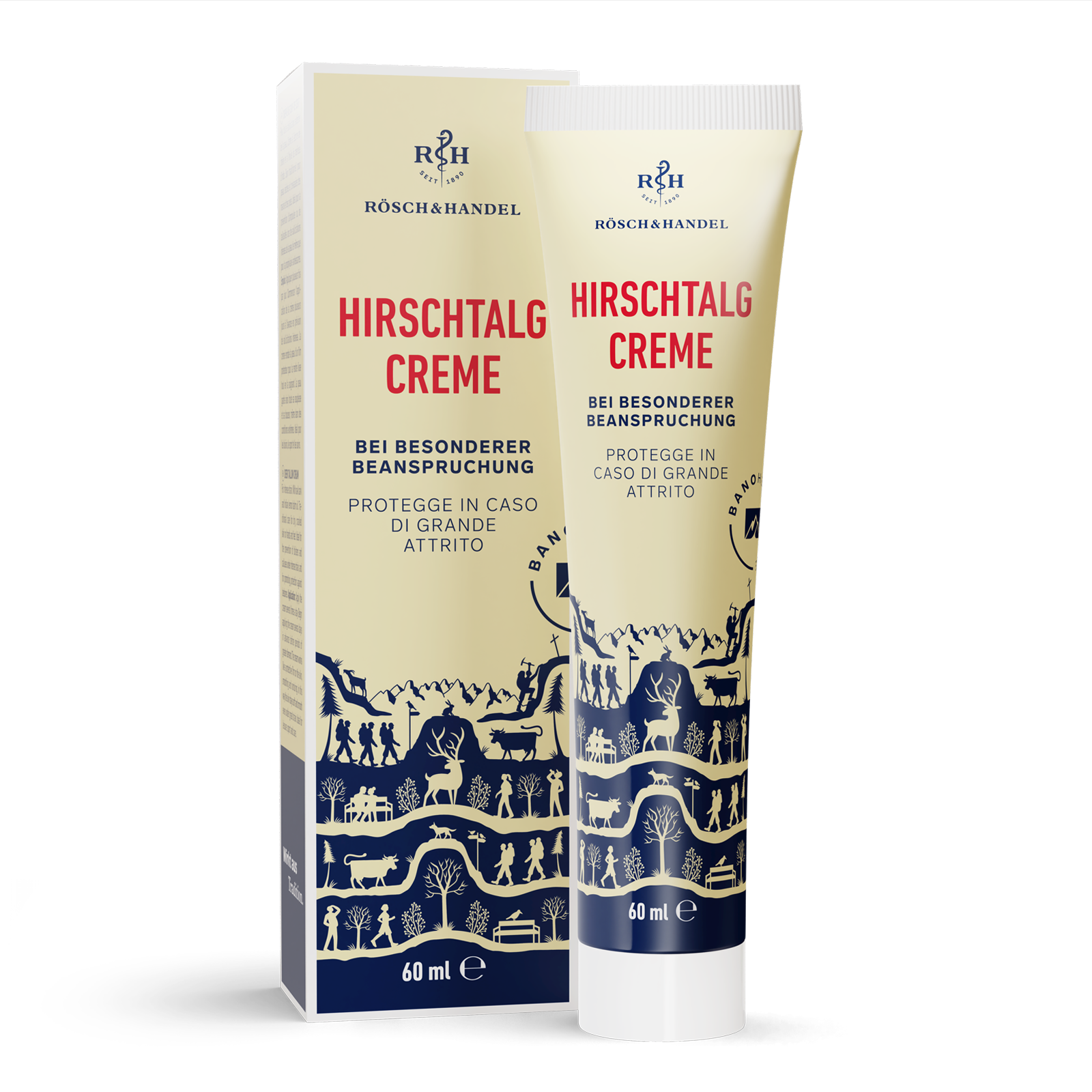
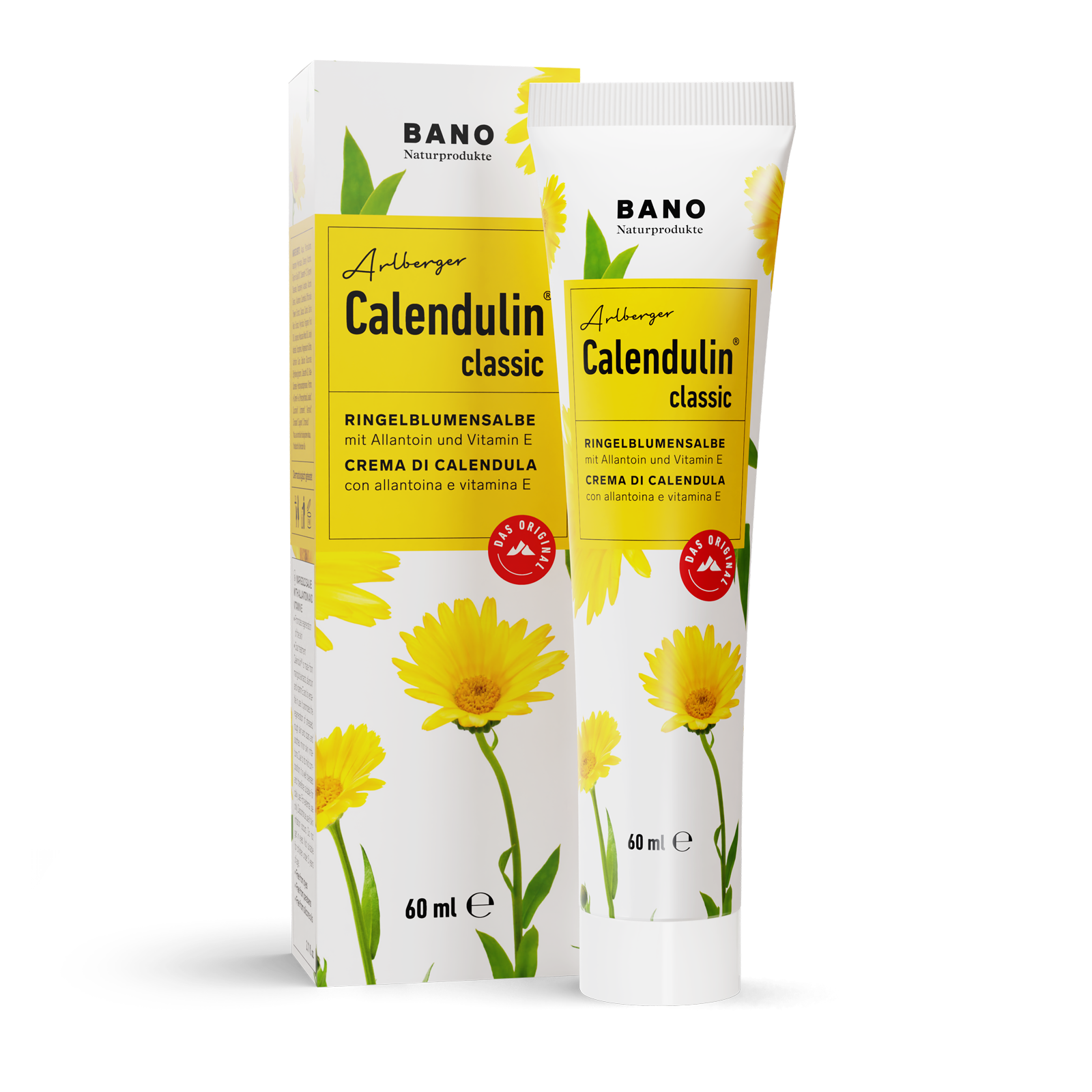
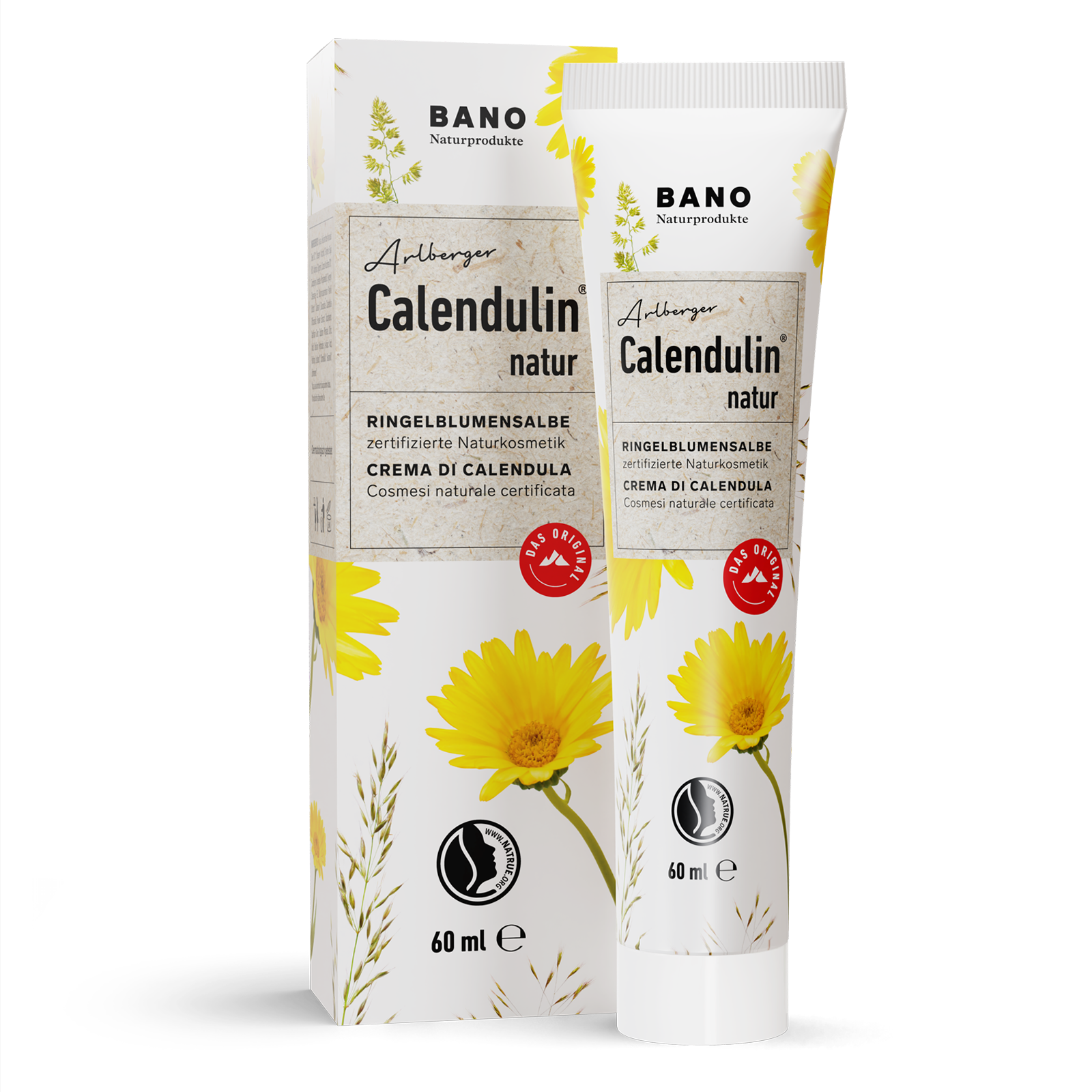

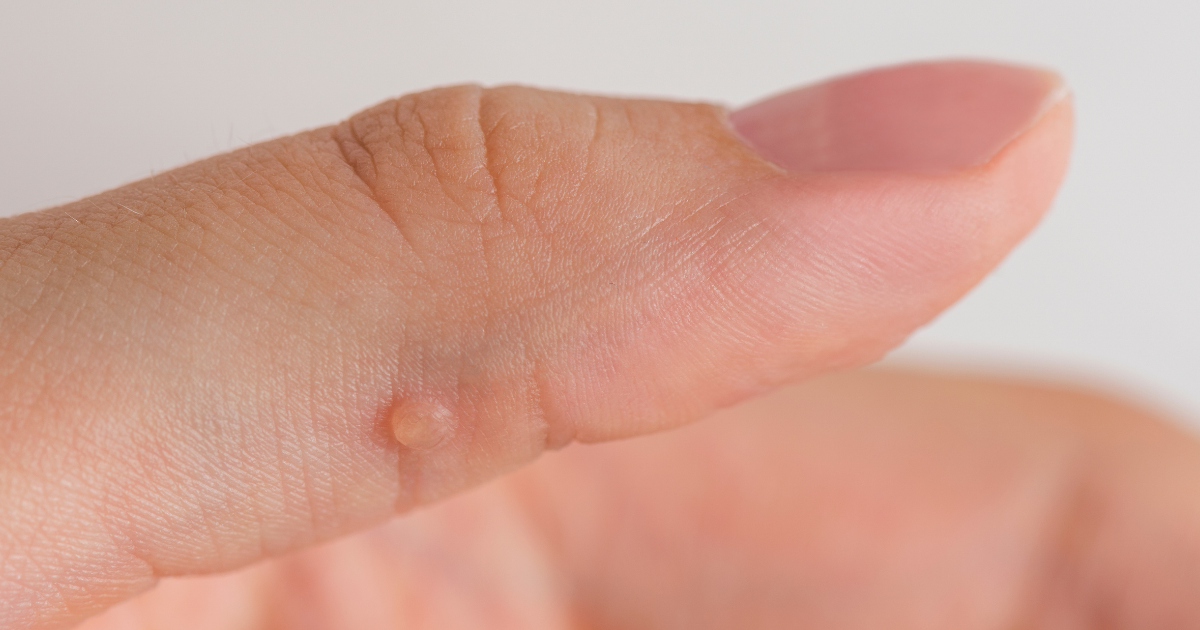

.png)
